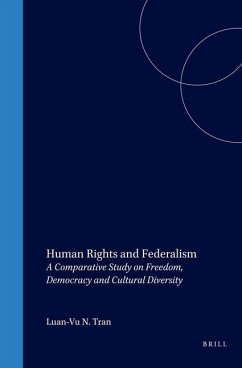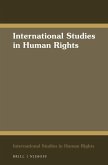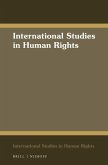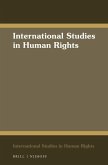Deeply rooted in liberal philosophy of the seventeenth and eighteenth centuries, fundamental rights have been traditionally conceived as prohibitions of state interference with the private affairs of citizens. Classic liberalism views human freedom generally as the absence of governmental restrictions, maintaining that happiness, prosperity, and progress can be achieved only by limiting government. In an increasingly complex world, this raises the question as to whether and to what extent laissez-faire ideology, in particular negative freedom, is correct. Is the enjoyment of rights possible without state intervention? And if not, what kinds of positive responsibility does the State have toward its citizens? This volume challenges these traditional assumptions by showing that the protection of fundamental rights depends on both restraint and intervention of the State. Moreover, federalism as the institutional embodiment of cultural diversity apparently stands in opposition to human rights, which constitute normative responses to universal moral claims to freedom and well-being. The common perception views decentralization of power as a threat to the rights of individuals and minority groups because it allegedly makes uniform and equal treatment impossible; this undermines national unity and collides with the concept of universal citizenship. The general issue discussed in the book is whether the pursuit of liberty and happiness necessarily excludes the commitment to cultural diversity and local autonomy. The study examines the three federated countries Canada, Switzerland, and the United States, with a particular focus on human rights protection and federalism in Canada.
Hinweis: Dieser Artikel kann nur an eine deutsche Lieferadresse ausgeliefert werden.
Hinweis: Dieser Artikel kann nur an eine deutsche Lieferadresse ausgeliefert werden.








